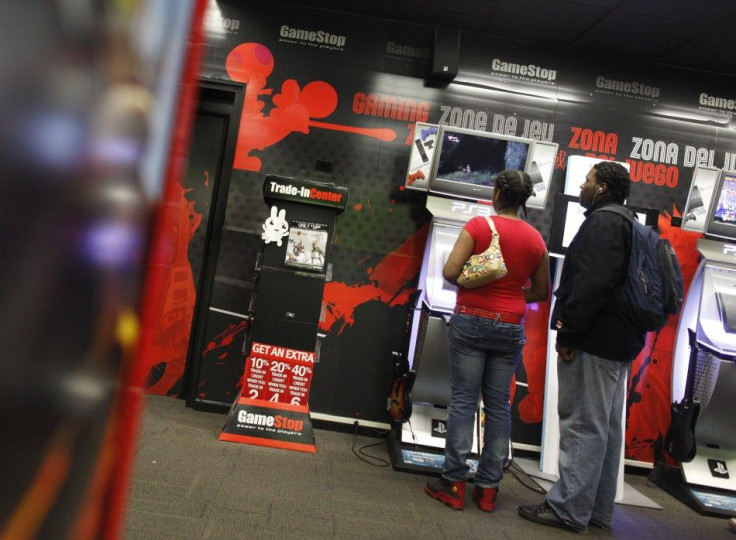GameStop Starts Selling Android Tablets

In a strategy to go beyond the boxed game industry, major games retailer, GameStop, will begin to sell its own line of approved Android tablets.
The Android-powered tablets will be manufactured by Asustek, Acer and Samsung Electronics and be GameStop certified gaming platforms. They will come bundled with several titles such as Dead Space and Madden NFL. The tablets will also be preloaded with links to GameStop's Kongregate Arcade app store and the Android Market.
The game-selling giant will start selling tablets in 200 of its U.S. locations starting Nov. 4.
GameStop has started branching out into other areas. In September, the retailer announced it will be accepting iPods, iPhones and iPads for in-store credit. The devices have to be in working condition and free of cosmetic defects. That credit can go towards the purchase of a games, downloadable content or gaming hardware. GameStop has also started selling refurbished iPods and iPhones on its Web site.
In 2009, the retailer started selling DLC in physical stores. Though DLC is primarily bought over the Internet, the rationale is gamers can use in-store credit earned or buy the DLC with game purchases. GameStop also gives free DLC as a way to motivate gamers to pre-order games.
In 2010, the retailer also bought social and indie gaming hub Kongregate, which offers free Flash games over the Internet. In 2011, GameStop also acquired the Impulse service, which allows gamers to buy PC games and download them over the Web.
As the Internet becomes a bigger part of the game industry, video game sellers will have to find other revenue streams. Services like Valve's Steam have found success selling games over the Internet without any discs, and Xbox Live sells more and more games as full downloads. Another major video game retailer, Game Crazy, filed for bankruptcy in 2010.
© Copyright IBTimes 2025. All rights reserved.





















